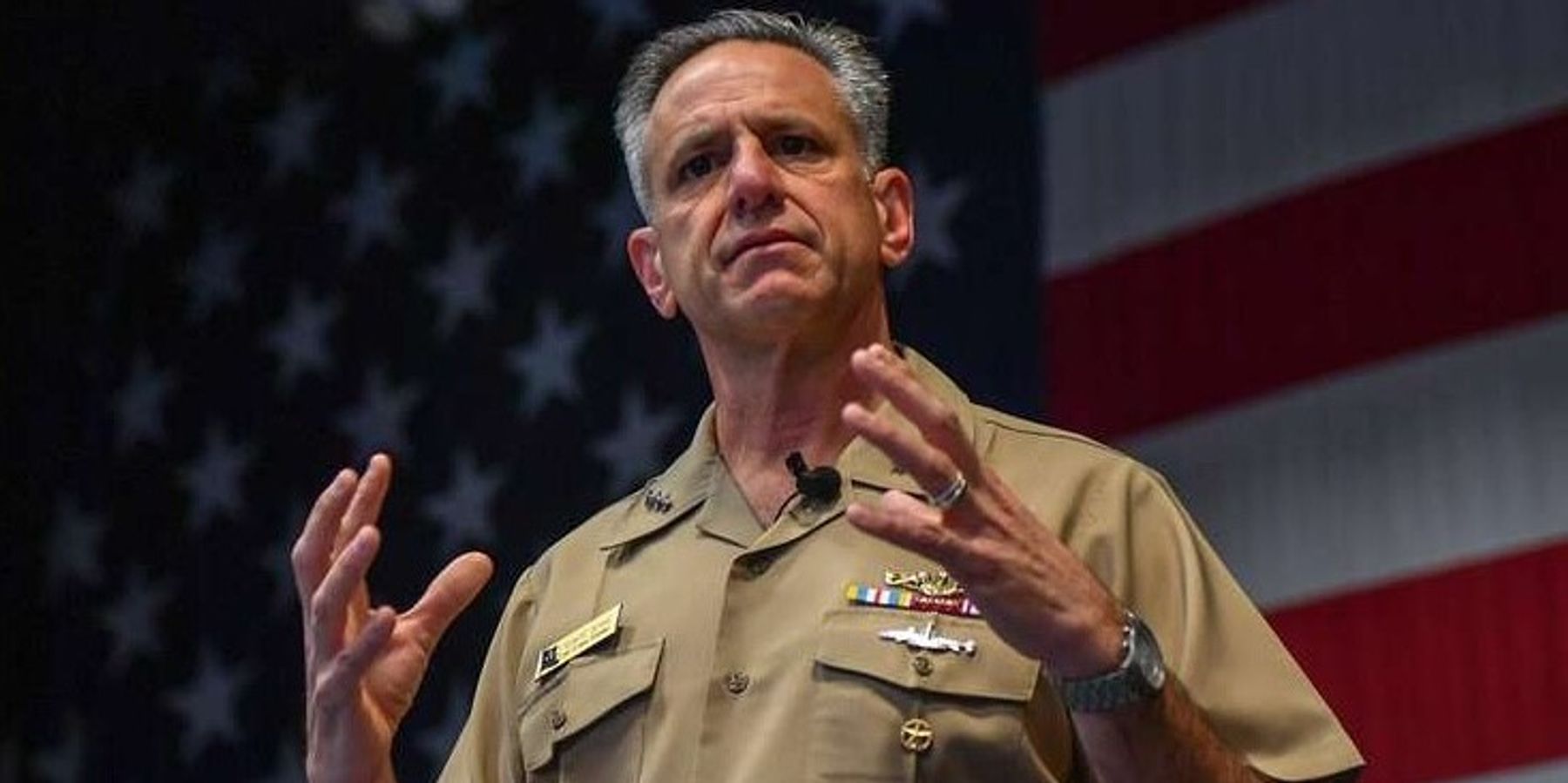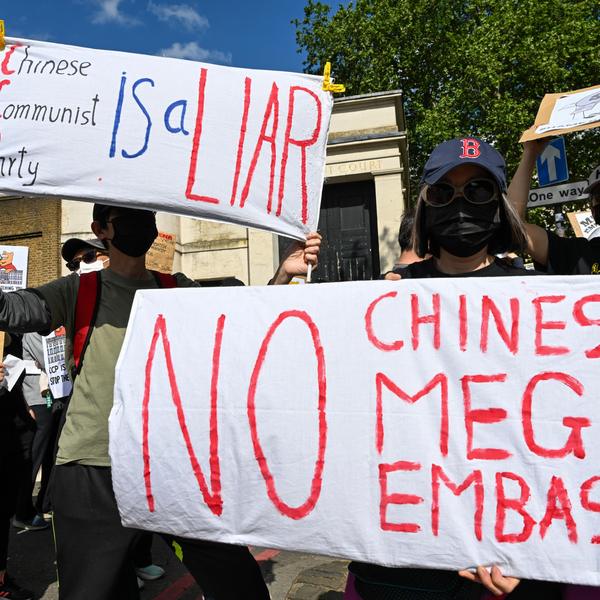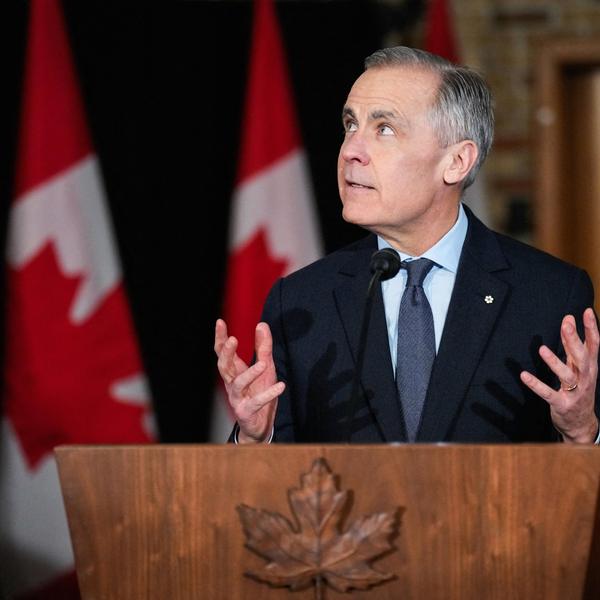Over 80 percent of four-star officer retirees go on to work in the defense industry. U.S. Navy Admiral Robert Burke decided he didn’t want to wait quite that long to cash in.
While still serving in the Navy, Burke was promised a post-retirement position, along with a $500,000 starting salary plus stock options, with Next Jump, a technology services company. In exchange, Burke covertly used his position to steer contracts towards the company.
On Monday, Burke was convicted on four felony counts, including bribery and conspiracy. Burke’s conviction makes him the second U.S. admiral found guilty of committing a federal crime while on duty.
The scheme was initially hashed out over a lunch in July of 2021. With an influential man on the inside, Next Jump CEO Charlie Kim was giddy; “We’re about to go full force back into business with the Navy,” he said. After getting a foot in the door, Kim estimated they could be in store for a Navy training contract worth “triple digit millions.”
Without disclosing his conflict of interest, Burke promoted Next Jump inside of the Navy, marketing it to foreign militaries and Navy pipeline schools.
“I wanted to write you a short note on Next Jump, something I know the [Foreign Military] is exploring,” said Burke in an email to a senior foreign military official promoting Next Jump’s training. His one victory came in January of 2022, when Burke ordered staff to award a sole-source contract to Next Jump to run a training program worth $355,135 in Spain and Italy.
While Burke didn’t secure the elusive $100,000,000+ contract he was after, Next Jump held up its end of the bargain. Burke took his cozy Senior Partner post at Next Jump in late 2022 upon retiring, netting $167,000 in his first four months on the job before leaving, citing a health issue.
It didn’t take long for federal prosecutors to catch wind of the scheme. “I was allowing myself to be influenced in ways that were inappropriate,” Burke said in a conversation that was secretly recorded by Navy prosecutors. Burke was indicted in May, 2024 alongside Next Jump CEOs Charlie Kim and Meghan Messenger. Burke will be sentenced in August, around the same time that Kim and Messenger will go on trial.
“When you abuse your position and betray the public trust to line your own pockets, it undermines the confidence in the government you represent,” said acting U.S. Attorney Jeanine Pirro.
















